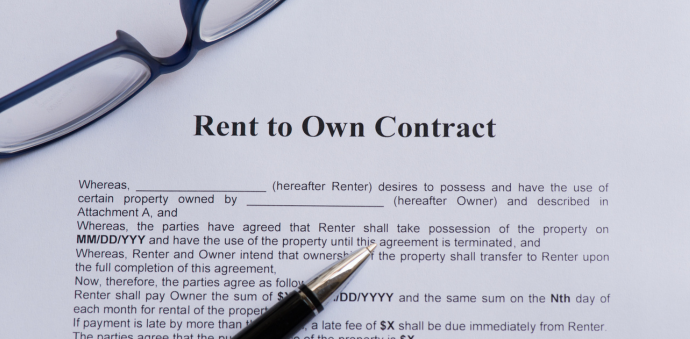
If you’re experiencing problems with your rental, like a landlord refusing to make needed repairs, you might wonder if it’s legal to withhold your rent in North Carolina. It’s a common question among frustrated tenants who feel stuck paying for a home that isn’t safe or livable.
The clear answer is: North Carolina law generally does not allow tenants to withhold rent without a court order or a written agreement with the landlord. This post explains why, what your options are if your landlord isn’t making repairs, and how to protect yourself legally.
North Carolina law states explicitly that a tenant cannot unilaterally withhold rent just because the landlord hasn’t made repairs or fixed a problem. Without a court order or a written agreement allowing you to reduce or withhold rent, not paying full rent is considered a violation of your lease. This can give the landlord grounds to begin eviction proceedings against you. North Carolina General Statutes G.S. 42-44 specifies the effect of a tenant's remedies.
Simply withholding rent, even for valid issues like a broken heater or unsafe conditions, could put your housing at risk if not handled carefully through legal channels.
The first and most important step if your landlord isn’t fixing problems is to notify them in writing about needed repairs or unsafe conditions. Keep copies of all communications, photos, and any estimates or expert opinions you get.
If your landlord ignores your requests, you have options to enforce your rights, such as:
If the landlord’s failure to repair creates unlivable conditions, you may have the right to terminate your lease under the doctrine of constructive eviction. This means the conditions are so bad that the property is effectively uninhabitable. You should consult a lawyer before moving out to avoid liability.
North Carolina does not have a specific state law allowing tenants to make repairs themselves and deduct the cost from rent except in very limited circumstances, mostly involving health or building code violations and typically only after proper procedures and notices.
Because North Carolina treats rent withholding very cautiously, it’s strongly recommended to consult with an attorney before withholding rent or taking any drastic steps. A legal professional can help you:
If you’re struggling with a landlord who won’t make necessary repairs and are considering withholding rent, contact us for a free consultation. We can guide you through the legal steps, help you document your case, and advocate for your rights so you stay protected and secure in your home.
Don’t risk eviction by withholding rent without proper legal support. Reach out now for expert advice tailored to North Carolina tenants.